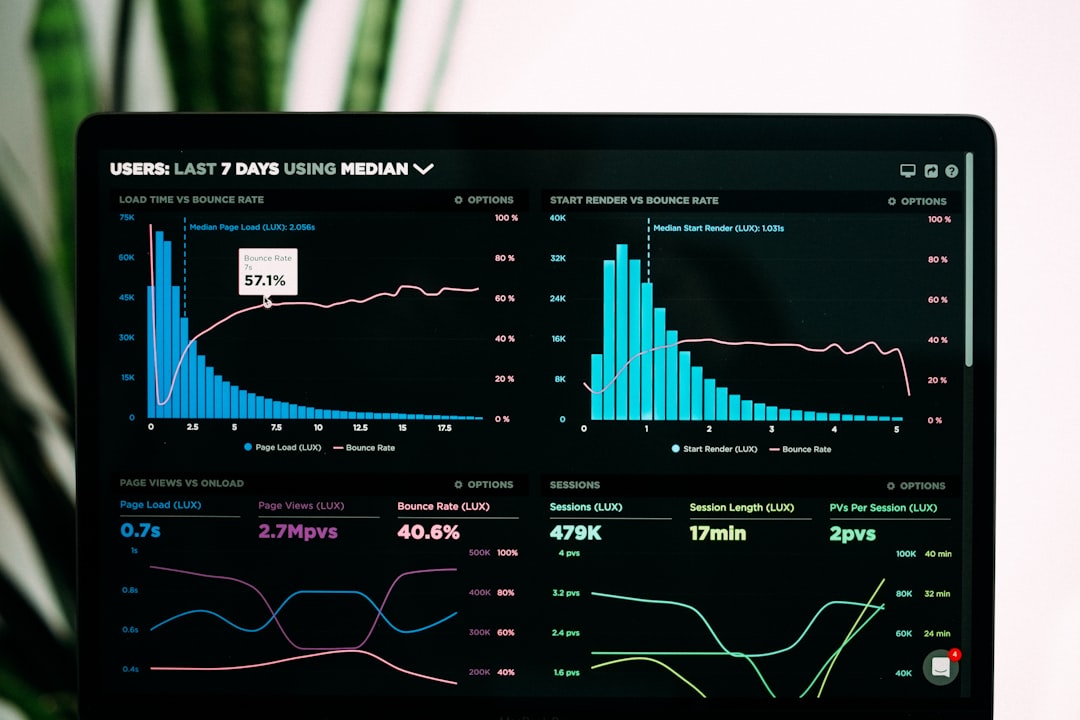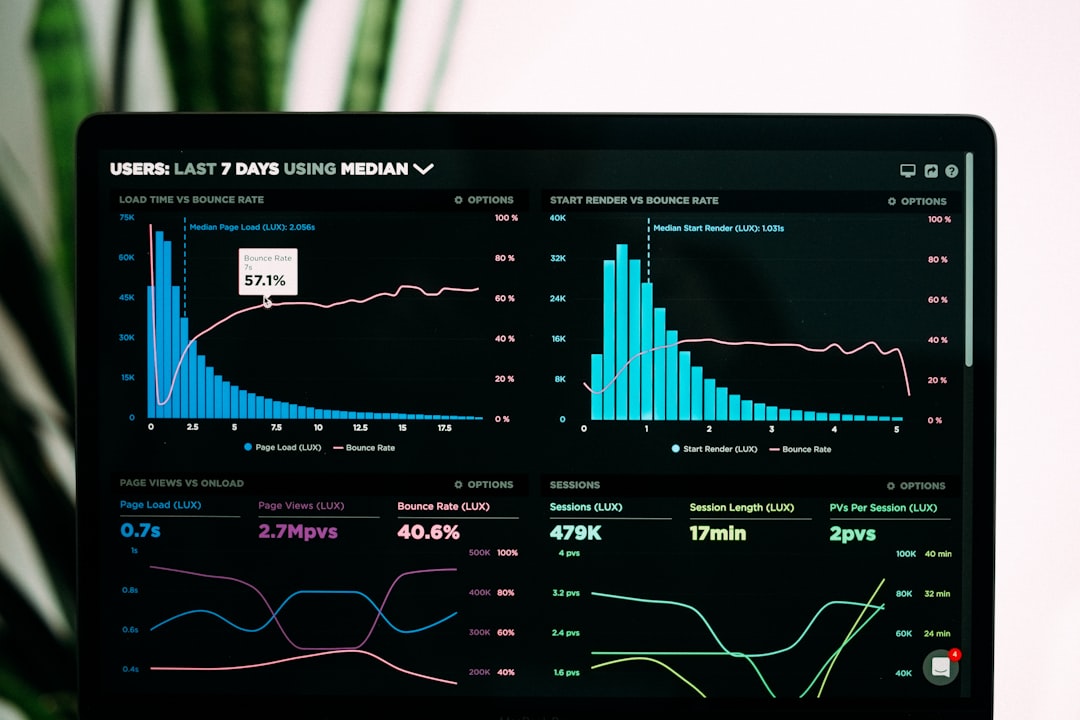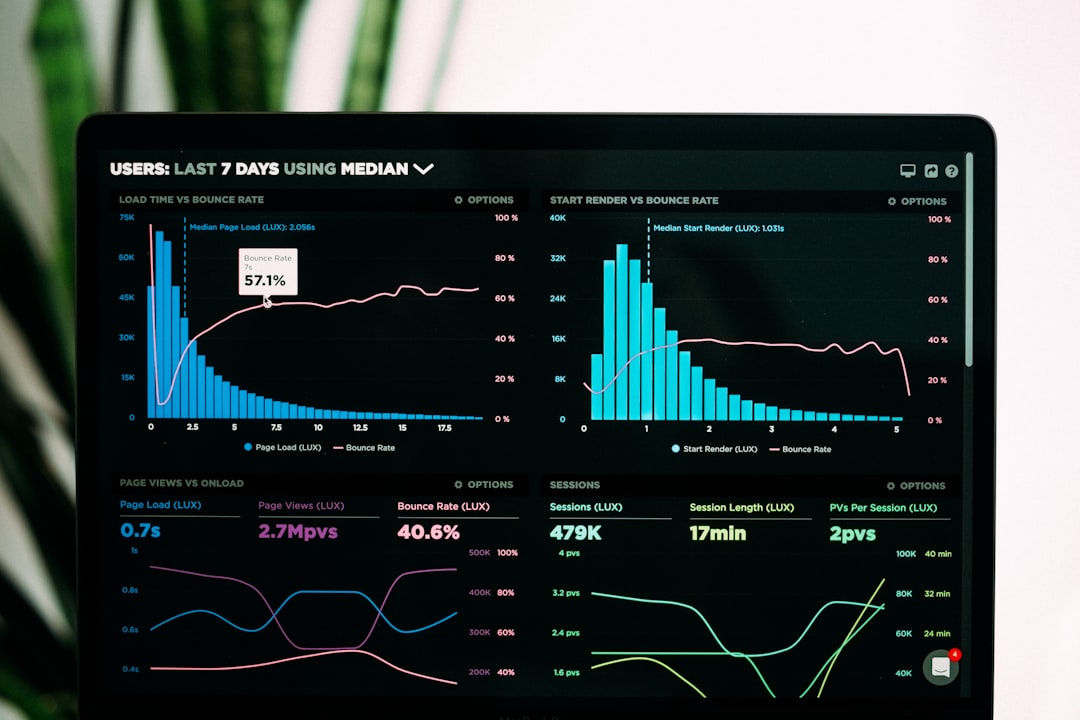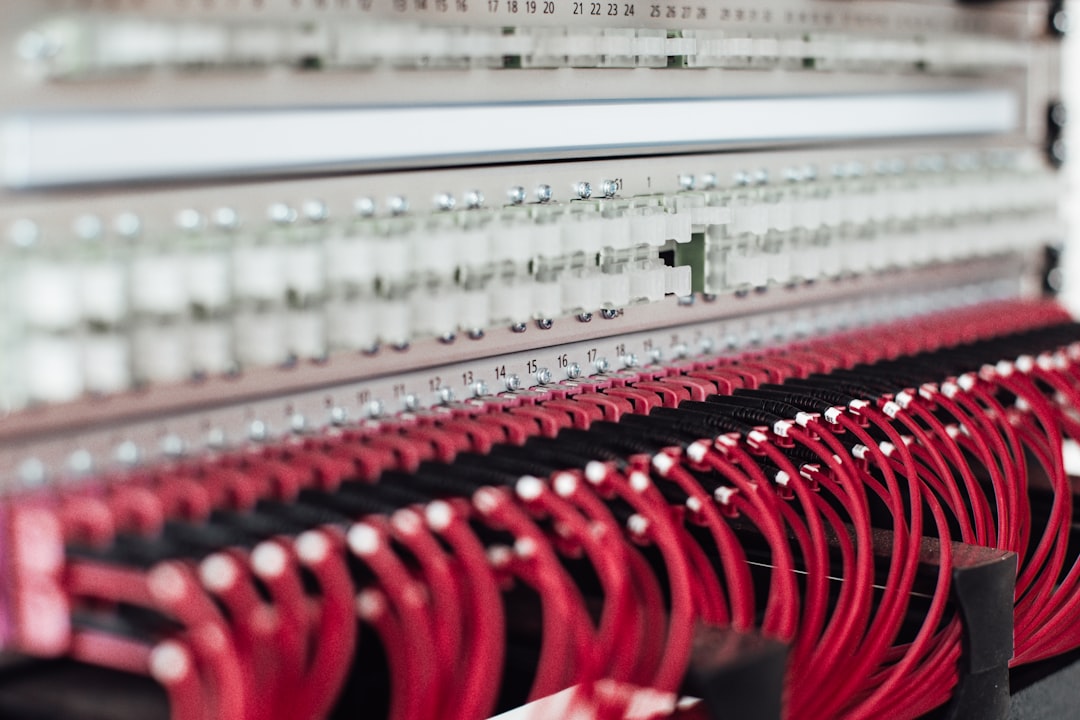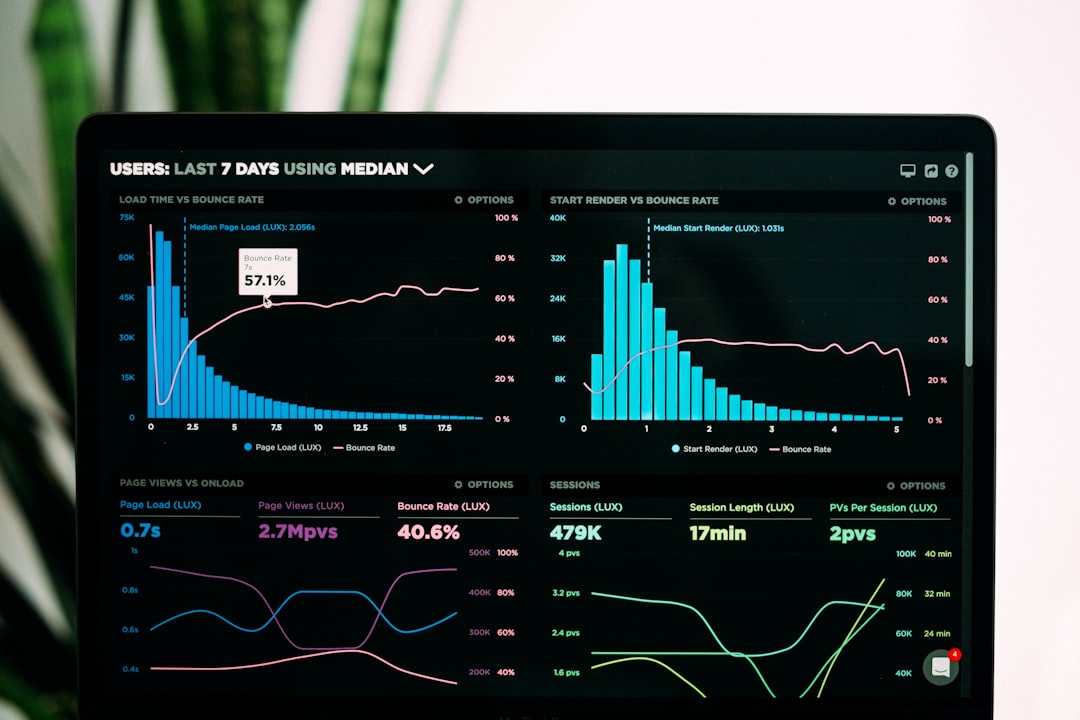Unlock encrypted content
Please enter your SSCE key to initiate on-the-fly decryption.
Decryption key: (Click cancel if you don't have the key)
Copied link to clipboard.
This feature is unavailable for free accounts. Upgrade now and enjoy all Premium benefits.
Go Premium!
This feature is unavailable for free accounts. Upgrade now and enjoy all Premium benefits.
Go Premium!
Please open this page in browser ( Google Chrome or Safari ) to use this feature.
Open In Browser
Secure File Sharing, Smart Contracts, and Data Sovereignty: The Future of Data Transfer
Random related video for this blog.
Copied share link to clipboard.
With the rise of cyber threats and privacy concerns, individuals and businesses alike are seeking robust uploading tools that prioritize the protection and control of their data. Additionally, emerging technologies such as smart contracts, nanotechnology, virtual reality (VR), and drone technology are revolutionizing the way we transfer and interact with data. In this article, we will explore the latest advancements in secure file sharing, the potential of smart contracts, and the impact of cutting-edge technologies on data sovereignty.
Secure File Sharing: Protecting Your Data in the Digital Age
As the digital landscape continues to evolve, the importance of secure file sharing cannot be overstated. Traditional methods of file transfer, such as email attachments or physical storage devices, are no longer sufficient in ensuring the privacy and integrity of sensitive information. Instead, individuals and businesses are turning to secure file sharing platforms like FileLu. FileLu offers a comprehensive suite of features designed to safeguard your data. With end-to-end encryption, your files are protected from unauthorized access, ensuring that only intended recipients can decrypt and view the content. Additionally, FileLu's robust security measures, such as two-factor authentication and advanced access controls, further enhance the protection of your files.Smart Contracts: Streamlining Data Transfer with Blockchain Technology
Smart contracts, powered by blockchain technology, are revolutionizing the way we transfer and manage data. These self-executing contracts are encoded with predefined rules and conditions, allowing for automated and secure transactions. By eliminating the need for intermediaries, smart contracts offer a more efficient and transparent approach to data transfer. One practical example of smart contracts in action is in the real estate industry. Traditionally, the process of buying or selling a property involves multiple intermediaries, lengthy paperwork, and significant costs. With smart contracts, the entire process can be streamlined, reducing the need for intermediaries and automatingtasks such as property title transfers, escrow payments, and contract execution. This not only saves time and money but also minimizes the risk of fraud and human error.
Data Sovereignty: Taking Control of Your Data
Data sovereignty refers to the concept of individuals and organizations having control over their data and the ability to determine where and how it is stored, processed, and shared. In an era where data breaches and privacy concerns are rampant, data sovereignty options have become crucial for maintaining trust and complying with regulatory requirements. FileLu understands the importance of data sovereignty and offers users the choice to store their files in secure data centers located in different regions around the world. This ensures that your data remains within the jurisdiction of your choice, providing peace of mind and compliance with local data protection laws. Furthermore, FileLu's data sovereignty options extend beyond storage. With features like file link URLs and codes for sharing, you have complete control over who can access your files and for how long. This level of granular control ensures that your data remains secure and only accessible to authorized individuals.Extraterrestrial Data Transfer: The Future of Interplanetary Communication
As humanity ventures beyond our own planet, the need for efficient data transfer across vast distances becomes paramount. In this regard, nanotechnology is poised to play a significant role. Nanosatellites, or CubeSats, equipped with advanced communication systems and data storage capabilities, can facilitate the transfer of large amounts of data between celestial bodies. For instance, imagine a scenario where astronauts on Mars need to transmit scientific data back to Earth. Nanosatellites orbiting Mars can receive the data and relay it to Earth, bypassing the limitations of traditional communication methods. This not only enables real-time data transfer but also opens up possibilities for remote exploration and research.Drone Technology: Enhancing Data Transfer in Remote Areas
In remote areas with limited infrastructure, drone technology is revolutionizing the way data is transferred. Drones equipped with high-capacity storage devices can collect and transport large amounts of data, overcoming geographical barriers and ensuring that critical information reaches its destination. For example, in disaster-stricken areas where traditional communication networks are compromised, drones can be deployed to collect and transmit vital data, such as emergency response plans or medical information. This real-time transfer of information can significantly improve response times and save lives.Conclusion
The future of data transfer lies in secure file sharing, smart contracts, and data sovereignty options. With platforms like FileLu offering robust uploading tools, end-to-end encryption, and data sovereignty choices, individuals and businesses can safeguard their information in an increasingly digital world. Furthermore, emerging technologies such as nanotechnology and drone technology are set to revolutionize interplanetary communication and data transfer in remote areas. By embracing these advancements, we can ensure a more secure, efficient, and interconnected future.Frequently Asked Questions (FAQs)
Question: How does FileLu ensure the security of my files? Answer:
FileLu employs end-to-end encryption, two-factor authentication, and advanced access controls to protect your files from unauthorized access.
Question: Can I choose where my files are stored with FileLu? Answer:
Yes, FileLu offers data sovereignty options, allowing you to select the region where your files are stored to comply with local data protection laws.
Question: How can smart contracts benefit my business? Answer:
Smart contracts streamline transactions, reduce costs, and minimize the risk of fraud by automating processes and eliminating the need for intermediaries.
Case Studies 1. Company XYZ, a multinational corporation, implemented FileLu's secure file sharing platform to protect their sensitive financial data. By utilizing end-to-end encryption and data sovereignty options, they were able to comply with various data protection regulations across different regions. 2. Research Institute ABC utilized smart contracts to revolutionize their research collaborations. By automating the process of sharing and accessing data, they reduced administrative overheads and improved efficiency, allowing researchers to focus more on their scientific endeavors. 3. In a remote village with limited connectivity, a humanitarian organization used drone technology to transfer critical medical data to a nearby hospital. This timely transfer of information enabled doctors to provide accurate and life-saving treatment to patients in need. By Amelia Isabella
Email: [email protected]
Related
Effortless File Organization and Secure Client File Portals in Nanotechnology...
May 31, 2023
Read More
The Future of Technology: Autonomous Vehicles, Biometric Data Storage, and...
June 1, 2023
Read More
The Future of File Accessibility and Data Transfer: Exploring Extraterrestrial...
June 1, 2023
Read More
Popular
Latest
The Future of Digital Transformation: Exploring Smart Homes, Efficient File...
November 30, 2025
Read More
Exploring the Benefits of Cloud Storage and Innovative Technologies in...
November 26, 2025
Read More
The Future of Technology: Exploring Biohacking, Space Tourism, and Digital...
November 23, 2025
Read More
The Future of File Sharing: Streamlined Workflows for Photographers and...
November 19, 2025
Read More
Exploring the Intersection of Technology: From Cybersecurity to Augmented Reality...
November 16, 2025
Read More
The Future of File Management: Embracing Edge Computing and Efficient...
November 12, 2025
Read More
The Future of File Sharing: Exploring User-Friendly Solutions and Data...
November 5, 2025
Read More
The Future of Cloud Storage: How FileLu Empowers Creative Professionals...
November 2, 2025
Read More
The Future of Autonomous Technologies: Innovations in Robotics, File Sharing,...
October 29, 2025
Read More
Emerging Technologies Revolutionizing File Management: From Li-Fi to Robust Collaboration...
October 26, 2025
Read More
Emerging Technologies: Exploring the Impact of File Access Auditing, Genetic...
October 19, 2025
Read More
The Future of Data Storage: Exploring Advanced Encryption, Mobile Integration,...
October 5, 2025
Read More
Exploring the Future of Data Management: Security, Efficiency, and Cognitive...
September 28, 2025
Read More
Revolutionizing Data Management: Innovations in Storage, Security, and Sustainable Technology.
September 24, 2025
Read More


